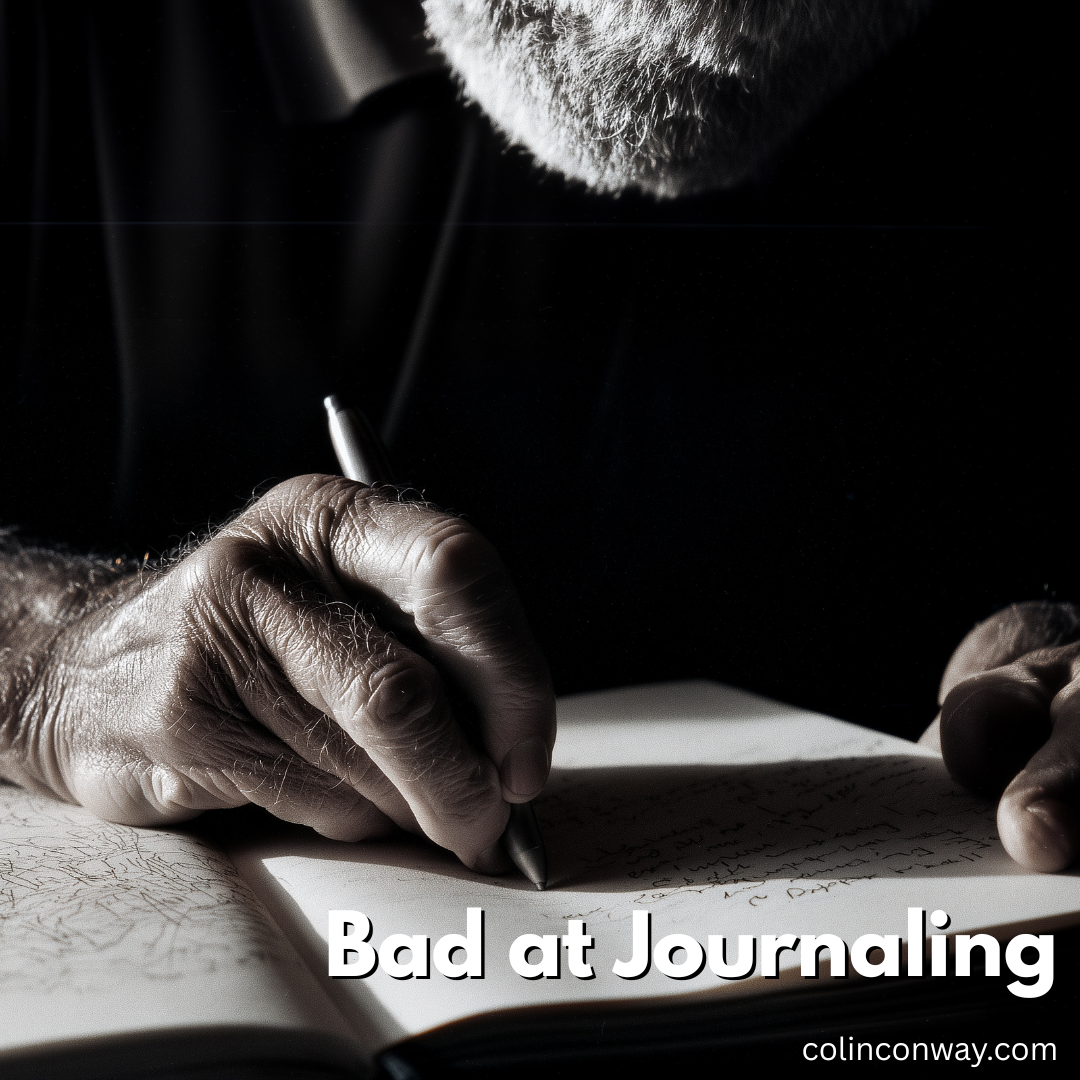My Heroes Have Muddy Feet
A reader of my books once stated that she didn’t like “heroes with muddy feet.”
This comment was directed toward Detective James Morgan, the protagonist in The Value in Our Lies, the fifth novel in the 509 Crime Stories. The reader had consumed the first four novels in the series and enjoyed them. She set down the fifth book after the opening chapter.
To be fair, Value introduces Morgan in a jarring way. It’s purposeful, though. Morgan’s world is dark, seedy, and dangerous. I wanted readers of the 509 series to know that Morgan was radically different than any of the other characters they’d traveled with so far. After that initial chapter, a reader should know a few things about Morgan.
Morgan will protect those he finds useful.
He won’t take money to enrich himself.
And maybe most importantly, he will take advantage of others.
The book delves into why Morgan is the way he is, but the initial chapter simply sets the stage. It does it fast and with shock value when compared to the previous books.
Morgan is a different kind of cop, and I didn’t want any reader to get to the middle of the book and think, “Hey, this guy isn’t like the others.” I wanted them to know everything upfront. I laid my cards on the table so to speak.
This post isn’t to find fault with the “heroes with muddy feet” comment. On the contrary, I respect the reader’s feedback and absolutely loved her phrase. In fact, I’ve thought about it a lot.
The problem (if there is one) is that I love my fictional heroes to have muddy feet.
You’re Tracking Mud into My House!
Without a question, my favorite TV series is The Shield.
It was about a team of dirty cops. Even when these cops acted like criminals, the viewer often found themselves rooting for them. Why? Because they were well-written. They had fears and hopes and problems. Things kept going wrong for these guys no matter how hard they tried to make it right. It was like watching a slow-motion car crash, but not being able to turn away. These cops didn’t just have muddy feet; they were up to their necks in the muck.
Another of my favorite shows was 24. For several seasons, Jack Bauer stopped terrorists from doing nefarious things—all within the confines of a single day. It was an interesting show, and the running clock added an exciting element. However, Bauer violated all sorts of legal and ethical norms in pursuit of getting the job done. That guy had exceptionally muddy feet, but he saved a lot of fictional lives. Did that make it okay? Or was he still wrong?
For years, I read Andrew Vachss’s Burke series. Burke lived by a code. It might have been a simple one—to survive and protect those closest to him—but it was a code, nonetheless. His family was a ragtag group living on the fringe. None lived in polite society. Each had some history with the law. Throughout the series, Burke scammed, robbed, and killed bad men in the pursuit of this code. Burke was definitely a hero with muddy feet.
My Keyboard is Muddy!
Besides reading and watching fictional heroes with muddy feet, I like writing them.
Detective Jim Morgan is an anomaly in my 509 Crime Stories, but the other detectives in the series have dirty feet to some extent (to continue the analogy).
For example, Dallas Nash suffers from the unexpected death of his wife. He’s hiding his mental issues from his friends and the department. That puts his life and those he works with at risk. Most of us can empathize with Dallas. We’ve either lost a loved one or can imagine that moment. What would we do? Would we give up the one thing (work) that we believe might be holding us together?
Outside of my signature series, more characters exist on the muddy-feet spectrum.
Even my cozy mystery series has a hero with muddy feet.
Beau Smith is a former enforcer of an outlaw biker gang. He’s turned informant and is trying to be a better man. Yet, people probably accept the muddy-feet premise here because it takes place in an environment free of swearing and sex-related scenes (spoiler alert—I never write the latter).
Sam Strait (the Flip-Flop Detective series) is a former deputy with commitment issues. His parents died when he was young, and he’s developed a habit of leaving others before they can leave him. His feet may appear unmuddied, yet he continues to stick his nose into situations where the cops tell him to stay out off. Interfering with a police investigation is a crime, but we seem to view this as “clean feet” action because everyone from Jessica Fletcher (Murder, She Wrote) to Jim Rockford (The Rockford Files) has done it.
Those are just a few examples, but as you can see almost every character has dirty feet, if not outright muddy—which is good in my opinion.
Because if their feet weren’t even a little dusty, they’d be boring.
Who wants to read a book about a too-good-to-be true detective—a well-balanced and happy guy who goes to work and solves crimes with a cheerful smile on his face? If people did want to read that then why is Wallander such a success? That guy is a wreck and interesting as hell!
I’m sure you’ve read a book where the hero is perfect. He’s the guy who is good at everything and tempted by nothing naughtier than mom’s apple pie. He’s great at karate and teaches his kid piano. Yawn. Boring. I hate those books. Those are the ones I can’t wait to put down.
Give me a character who tries to solve a neighborhood murder while controlling he desire to steal her neighbor’s gnomes. Why would a protagonist want all that ugly lawn art? Who knows? But I want to find out!
Or give me a character investigating a politically hot homicide case, all the while trying to hide their drug addiction from the department. Why are they addicted? Will they solve the case before they’re discovered?
Or let me read about a character who solves crime by using criminals and their weaknesses to his advantage. If it’s effective, is it still wrong?
Do I want any of the above three characters visiting my house?
Hell no. Not with those muddy feet!
But I would love to read about them.







